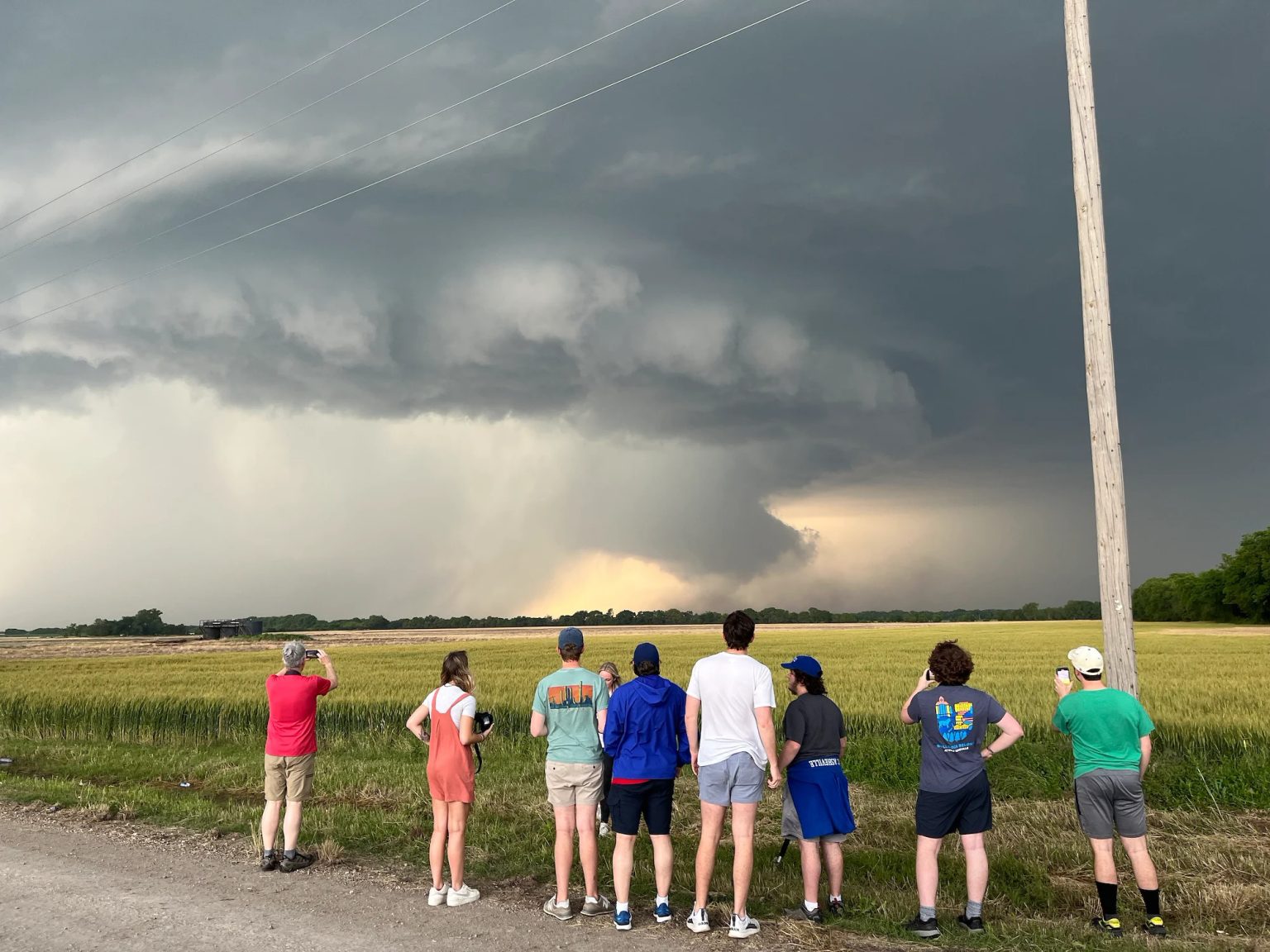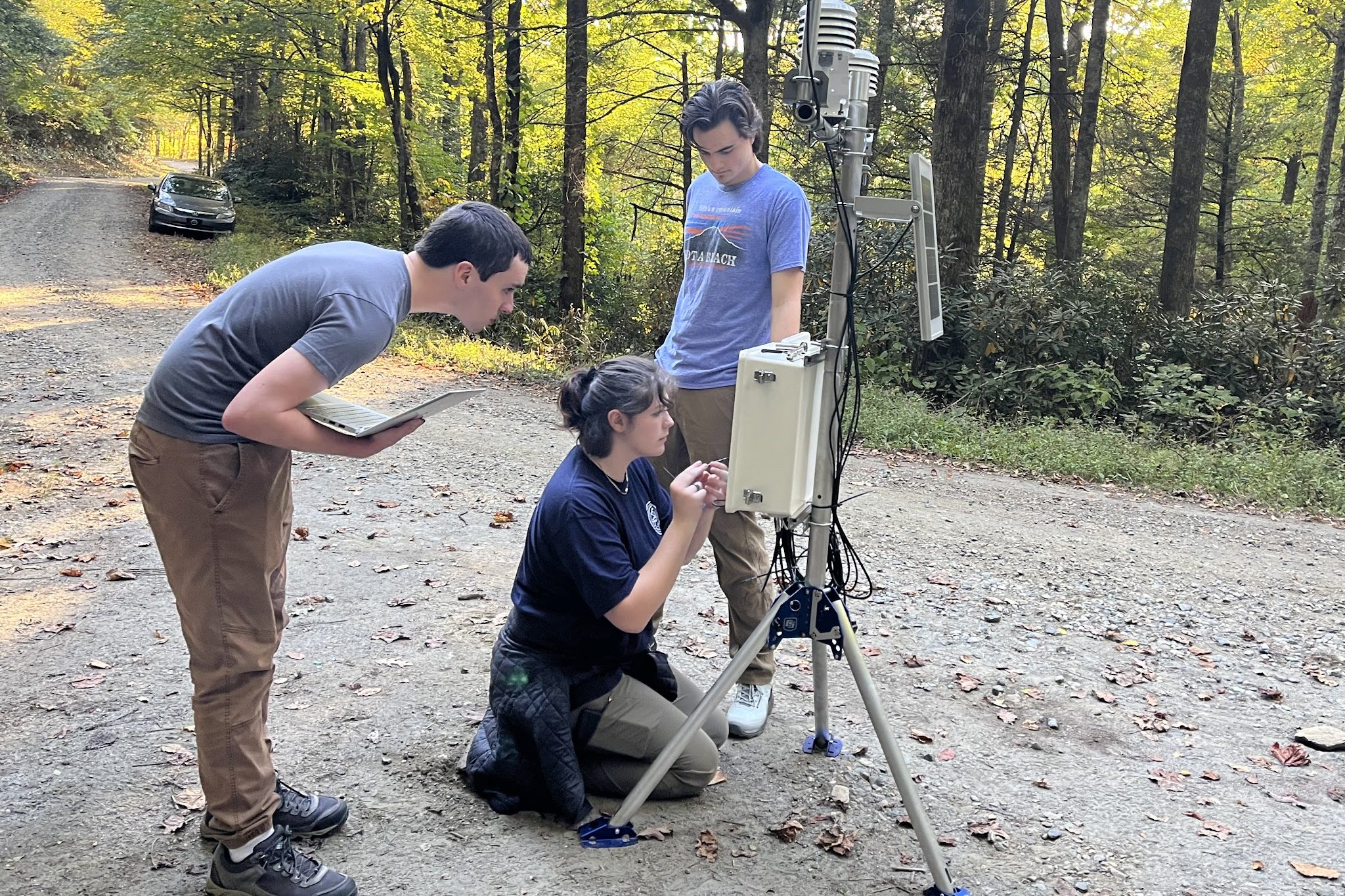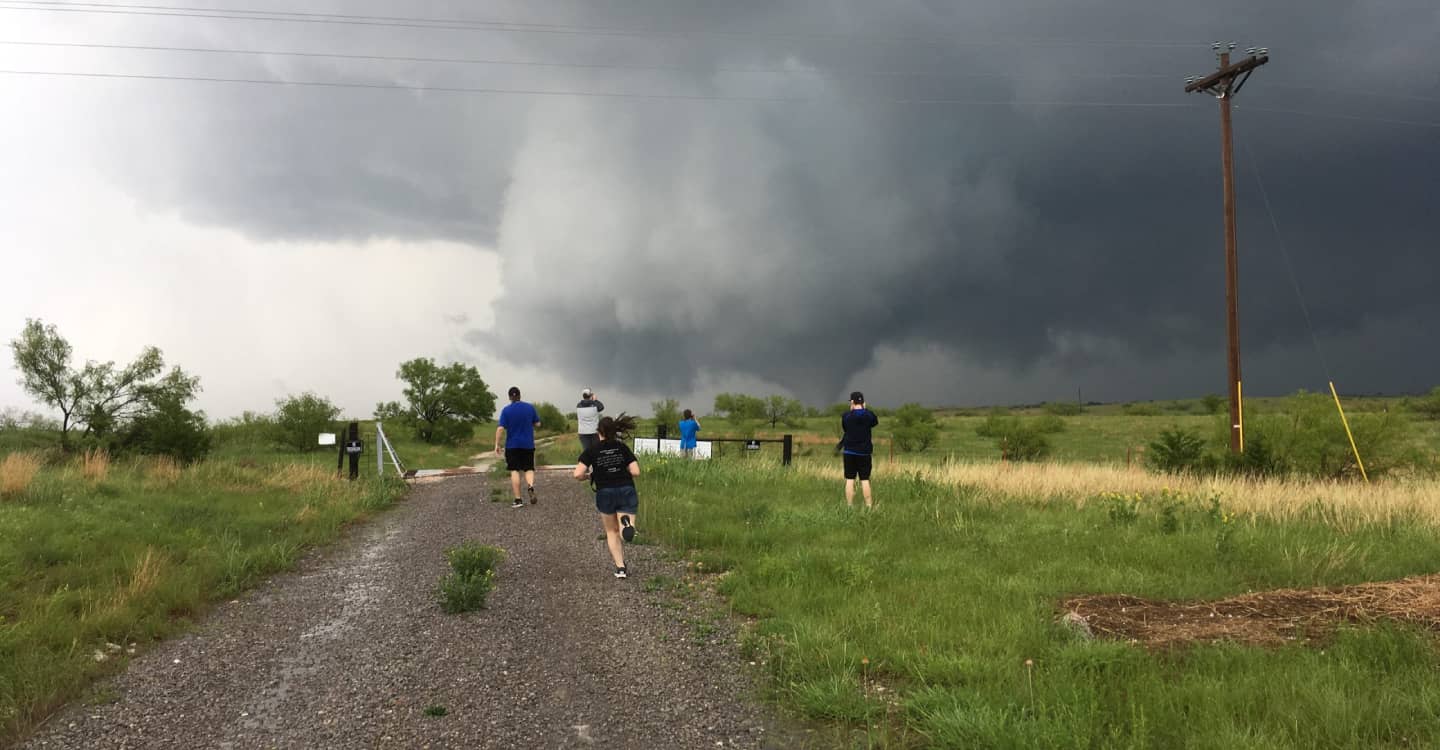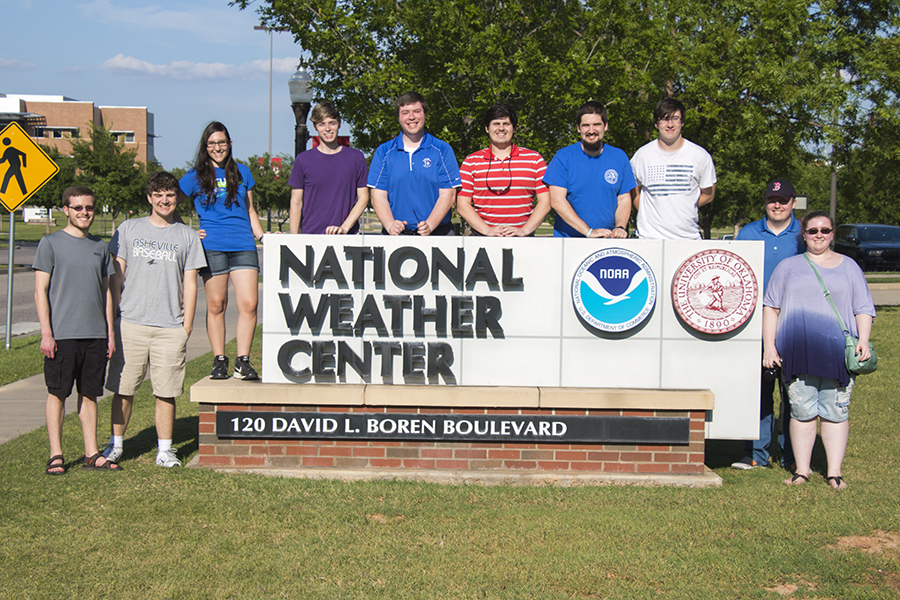Department of Atmospheric Sciences

Why Study Atmospheric Sciences at UNC Asheville?
Earn a Bachelor of Science in Atmospheric Sciences from the University of North Carolina Asheville and prepare for careers in weather forecasting, climate science, environmental analysis, emergency management, and related fields. Students can complement the major with coursework or minors in areas such as Environmental Science, Physics, Mathematics, or Computer Science, or enroll in individual courses as non-degree seeking students to advance their professional skills. With hands-on forecasting labs, real-time data analysis, field experiences, and faculty-mentored research, UNC Asheville’s Atmospheric Sciences program provides a strong scientific and liberal arts foundation for graduate study or direct entry into the workforce.

Atmospheric Sciences Department Programs
B.S. Minor
Explore the forces that shape our weather and climate through a foundation in physics, math, and environmental science. This program prepares students for careers in forecasting, climate research, emergency management, and more—combining theory with hands-on experience using real-world data and modern tools.
Career Outcomes

Career Outcomes
With a degree in Atmospheric Science from UNC Asheville, you can pursue a wide range of careers that address weather, climate, and environmental challenges. Our program combines strong foundations in mathematics, physics, and computer modeling with hands-on research and forecasting experience. This blend of coursework and experiential learning prepares students to contribute as scientists, analysts, and communicators in fields such as meteorology, climate research, and environmental consulting.
Concentrations

Concentrations
Building on a core foundation in Atmospheric Sciences, UNC Asheville students can choose from several concentrations to align their studies with their specific interests and career goals. These options include Broadcast Meteorology, Weather Forecasting, and Climatology. Each concentration features a focused set of courses that prepares students for the complex work they’ll do in the field, whether that’s communicating weather information to the public, analyzing storm systems, modeling climate patterns, or contributing to emergency response and climate resilience efforts.
Outside the Classroom - Learning Beyond Forecast: Weather Facilities at UNC Asheville

Outside the Classroom - Learning Beyond Forecast: Weather Facilities at UNC Asheville
Outside the classroom, Atmospheric Sciences students at UNC Asheville gain hands-on experience through the University’s weather station, tower camera, and real-time data networks, providing access to professional-grade forecasting and climate analysis tools. Students learn to collect, visualize, and interpret atmospheric data while connecting local observations to broader climate patterns. Opportunities like these, combined with collaborative spaces such as The Cloud living-learning community, create an environment where classroom lessons come alive, and students build both technical skills and professional relationships.
Scholarship Opportunities

Scholarship Opportunities
UNC Asheville’s Atmospheric Sciences program offers scholarships that ease financial burdens and recognize achievement, including the Kate Sweely Fund and Memorial Scholarship, the Alumni Scholarship, and the Asheville AMS Scholarship, which support needs like textbooks, conference travel, academic excellence, and professional development.
I chose atmospheric science because I was fascinated with severe weather, specifically thunderstorms and tornadoes. Meteorology has been a favorite subject of mine since I was a kid. I decided to learn as much as I could and make a career out of something that I enjoy.
Atmospheric Sciences Department Faculty
The Atmospheric Sciences program at UNC Asheville offers students direct and consistent access to faculty mentors. Small class sizes foster close collaboration, personalized instruction, and meaningful engagement with nationally recognized professors who are deeply committed to undergraduate education. Faculty emphasize hands-on learning, real-world application, and individualized support, creating an environment where students are encouraged to explore, ask questions, and succeed both inside and outside the classroom.The Atmospheric Sciences program at UNC Asheville offers students direct and consistent access to faculty mentors. Small class sizes foster close collaboration, personalized instruction, and meaningful engagement with nationally recognized professors who are deeply committed to undergraduate education. Faculty emphasize hands-on learning, real-world application, and individualized support, creating an environment where students are encouraged to explore, ask questions, and succeed both inside and outside the classroom.
Christopher Godfrey, Ph.D.
Professor and Chair of Atmospheric Sciences
Office: 253 Rhoades/Robinson Hall
Phone: 828.232.5160
Email: cgodfrey@unca.edu

Douglas Miller, Ph.D.
Professor of Atmospheric Sciences
Office: 250 Rhoades/Robinson Hall
Phone: 828.232.5158
Email: dmiller@unca.edu

Caitlin Crossett, Ph.D.
Assistant Professor of Atmospheric Sciences
Office: 251 Rhoades/Robinson Hall
Phone: (828) 250-3888
Email: ccrosset@unca.edu

Sharon Withrow
Department Assistant for Atmospheric Sciences and Chemistry
Office: 102 Zeis Hall
Phone: 828.251.6443
Email: swithrow@unca.edu

Elaine Godfrey, Ph.D.
Adjunct Professor of Atmospheric Sciences
Office: 257 Rhoades/Robinson Hall
Phone: 828.232.6617
Email: egodfrey@unca.edu

Meghan Danahey
Adjunct Professor of Atmospheric Sciences
Office: 257 Rhoades/Robinson Hall
Email: mhodge@unca.edu

Tim Owen
Adjunct Professor of Atmospheric Sciences
Office: 257 Rhoades/Robinson Hall
Email: towen@unca.edu



Ready for What's Next?
Our Bachelor of Science in Atmospheric Sciences gives you a comprehensive education in real-world contexts and applications of the discipline. Your liberal arts education is enriched by hands-on learning experiences and three specialized concentrations, allowing you to delve deeper into your passions and prepare for your career.